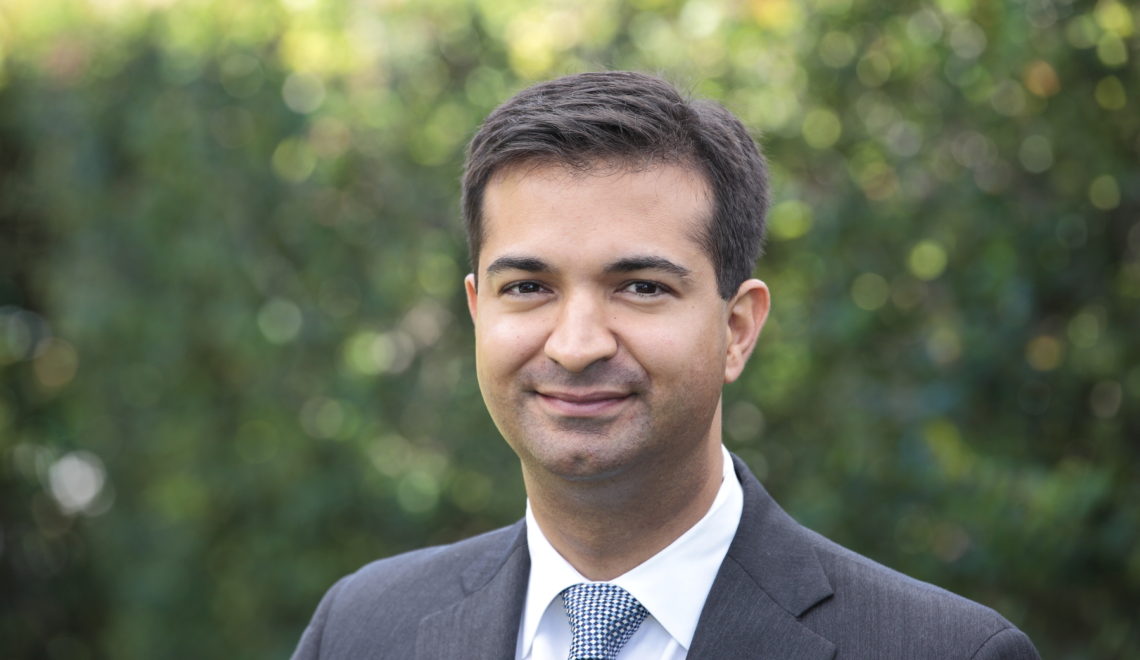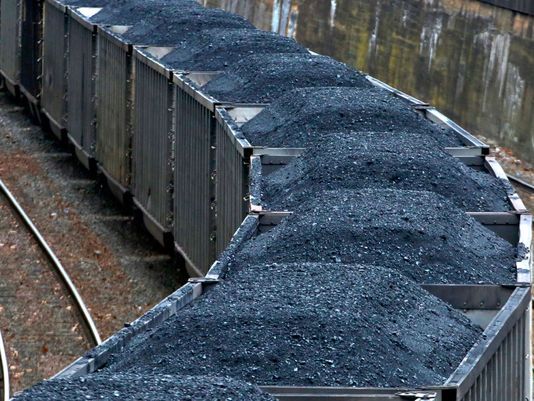“What’s the value of national security?”
The Trump administration continues to look for ways to keep old coal and nuclear power plants operating, as lower-cost natural gas and renewable energy offers cheaper alternatives for generating electricity. A new proposal under consideration at the U.S. Department of Energy takes a new tact on the topic, claiming ongoing retirements of coal and nuclear plants presents a national security risk to the U.S., given growing concerns over the vulnerability of the grid to cyber and even physical attacks. If nothing else, the thinking goes, coal and nuclear plants have the advantage of storing fuel on-site rather than relying on pipelines, as is the case with gas power plants, or intermittent supplies of solar and wind energy. Here, in a Columbia Energy Exchange podcast with me, DOE’s assistant secretary for electricity, Bruce Walker, speaks out on the national-security rationale for…
Continue reading














